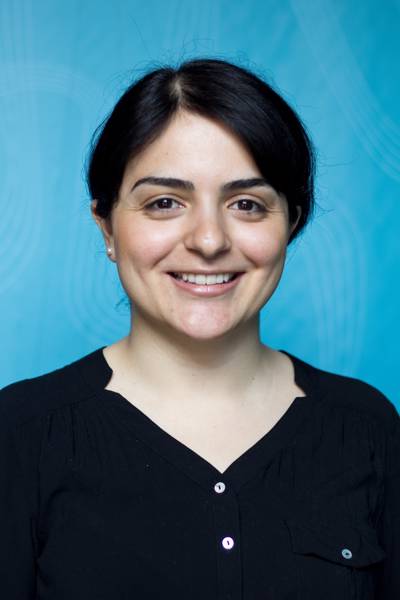Abstract
Within the field of integration issues, this thesis studies how it is perceived to be of Muslim origin in Norway – post 9/11. The analysis is divided in two parts. In the document analysis, changes in the Norwegian society’s perception of Muslims are studied in a wide range of documents from public institutions, civil society, media and research. As a comparison, a less extensive analysis of terrorism-related issues in a small number of other European countries is given. The document analysis indicates that in the aftermath of 9/11, there have been significant changes in the debates concerning immigrants in general and Muslims in particular. In a context where Muslims are increasingly perceived as a “threat”, many European inhabitants of Muslim origin experience a more difficult situation in their everyday life. Thus, the gap between majority and Muslim minorities has been further reinforced.
In the second part of the thesis, the interview analysis studies how the above mentioned changes have had an impact on the identity-making of ten males of Muslim origin, and how they position themselves according to this. The informants increasingly feel that they are placed in categories of e.g. “moderate” or “extremist” Muslims. They also have a negative perception of how Islam and Muslims are portrayed in the media, which gives them the impression of a worsening of the situation for Muslims as a group. Although only a few of the informants themselves have experienced discrimination due to their Muslim background, the understanding of Muslims as a group being subject to discrimination around the world, seems to reinforce the sense of belonging to the Muslim community for some. Furthermore, they respond differently to these issues. Some try to undercommunicate/eliminate visible markers of their Muslim identity, while others work actively against the images that they see themselves being associated with, etc. It is argued that the informants’ positioning can either contribute to the existing polarization, or have a moderating effect on the on-going processes.







